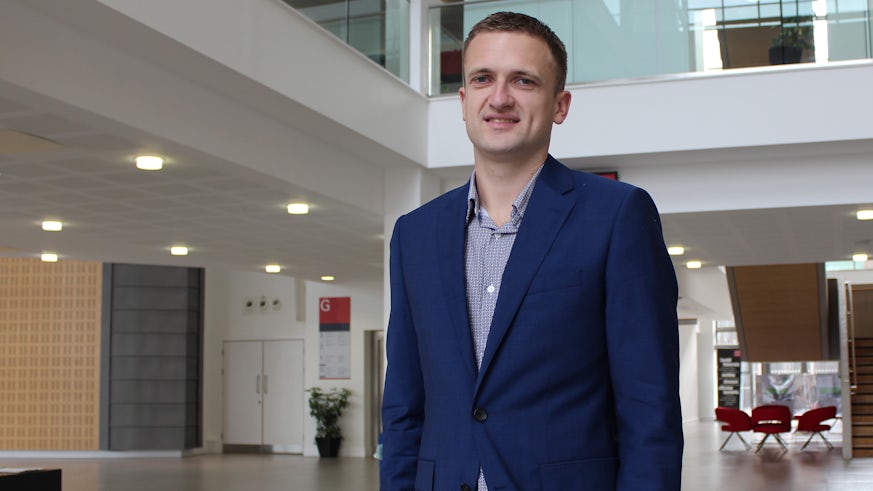Cognitive development in children with 22q
21 Tachwedd 2017

22q11.2 Deletion Syndrome (22q11.2DS) is a chromosomal disorder known to be almost as common as Down’s Syndrome, estimated to affect 1 in every 4,000 babies. However, this figure is expected to be higher as not all cases are diagnosed.
A new study, published in the British Journal of Psychiatry, has found that children with 22q11.2DS are no more likely to experience a decline in their cognition than their siblings without the syndrome.
Individuals with 22q11.2DS are at high risk of mental health problems, including ADHD, ASD anxiety, mood problems and schizophrenia.
Childhood cognitive deterioration, losing ability with age, in 22q11.2DS has previously been reported, but in studies without a control group. It has not been possible to identify what is specific to 22q11.2DS and what is a normal part of childhood development.
Building on past successes
Led by research associate Dr Samuel Chawner, of the ECHO study research team, it is the first longitudinal study of cognition in 22q11.2DS that has compared different theories of cognitive development.
It’s also the first study of cognitive deterioration in 22q11.2DS that has used a control group.
Dr Chawner explained, “To address the limitations of previous longitudinal studies we included a comparison group of similar-aged, unaffected control siblings. The children and their siblings were tested on their intelligence, attention, planning skills and reaction time.
“The main finding of our work is that children with 22q11.2DS have deficits in all the cognitive domains we studied compared to their siblings. This is likely to impact their ability to learn and their educational attainment. It will also impact day to day skills such as catching a bus into town, following a recipe or holding a conversation.
“We also looked at how their cognitive ability changed over time compared with their siblings. Although children with 22q11.2DS had difficulties we did not find that their cognitive ability decreased over time, in fact, it increased at the same rate as their siblings'.
“This indicates that on average children with 22q11.2DS do continue to acquire ability and knowledge throughout childhood and adolescence. This suggests our findings in children with 22q11.2DS reflect developmental changes that are common to all adolescents.”
The ECHO study team assesses children with 22q11.2DS and their siblings over several years, through childhood and adolescence.
During the study, which took place over six years, 75 children with 22q11.2DS and 33 siblings without the syndrome were visited, across the UK. Participants were recruited through NHS medical genetic clinics in the UK, British 22q11.2DS charities Max Appeal and The 22Crew, and rare chromosomal disorder support group Unique.
Sam explains more about this research
Sam Chawner discusses his recent paper
The findings from this study offer further information for families, clinicians and researchers.
Professor Marianne van den Bree, the senior author of the study, said,
“Studying the development of cognition can help us understand the risk of psychiatric disorder, including schizophrenia.
“In children in general, the development of cognitive skills can fluctuate considerably over time and vary from one child to the next. We are now finding this is also the case for children with 22q11.2DS.
“Based on our findings, we would not feel confident in predicting which children with 22q11.2DS are at increased risk of schizophrenia based on changes in their cognitive scores between childhood and early adolescence.”
The ECHO study is now visiting the children again to learn more about their development between childhood and mid-adolescence.
For further information on the ECHO study please contact echo@cardiff.ac.uk, or Samuel Chawner ChawnerSJ@cardiff.ac.uk.